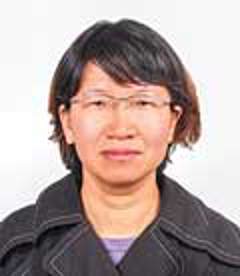Tang, J.
J. Tang is a Senior Engineer and specializes in developing new technologies for catalytic cracking process at the SINOPEC Research Institute of Petroleum Processing (RIPP). She has more than 14 yr of experience in developing new FCC processes and FCC trouble-shooting. Dr. Tang has published 18 papers and holds 27 patents. She was awarded the SINOPEC Science and Technology Progress Award in 2016. Dr. Tang received her MS degree and PhD in chemical processing from RIPP in Beijing, China.
Reduce dry gas and coke with a more flexible FCC technology
To meet increasingly stringent specifications for cleaner gasoline and to produce more clean fluid catalytic cracking (FCC) naphtha with lower olefins, a novel FCC technologya for maximizing isoparaffins was developed in the late 1990s. The technology’s principal is based on the formation and conversion of olefins in two different reaction zones.
Convert LCO to gasoline with a high RON
Due to the growing popularity of family automobiles in China, the country’s domestic oil market is experiencing a rise in gasoline consumption and a reduction in diesel consumption in recent years.
- 1
- ... 1 pages

- KBR's phenol technology selected by SABIC Fujian Petrochemicals 4/25
- Honeywell Technology helping to produce SAF with lower cost and waste 4/25
- Nigeria's NNPC partners local firm on new 100,000 bpd refinery 4/25
- Stranded cargo shows credit challenges at Nigeria's Dangote refinery 4/25
- Low U.S. distillate consumption reflects slow economic activity and biofuel substitution 4/25
- Clariant catalysts reduce customers’ footprints by 40 million tons of CO2e in 2023 4/25





